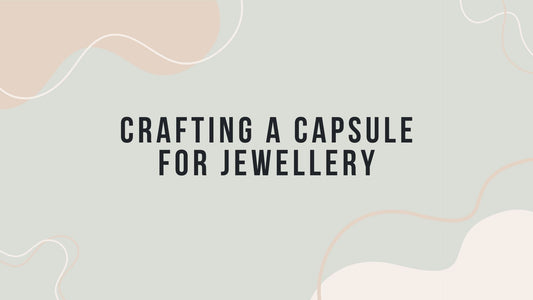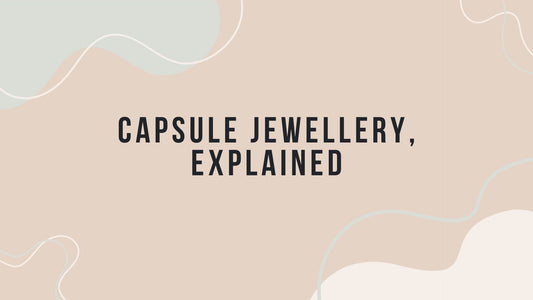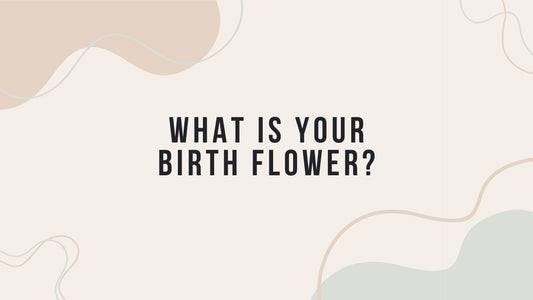How to Shop Sustainably on Black Friday

Black Friday doesn't have to be synonymous with excessive consumerism and environmental harm. By following these sustainable shopping habits, you can make a positive impact on the planet while still enjoying all the great deals Black Friday has to offer. Remember that every conscious choice you make on Black Friday contributes to a more sustainable future!
Is Black Friday sustainable?
In short: no. Black Friday revolves around impulsive overconsumption, massive sales, and deeply discounted products. It encourages shoppers to make impulsive purchases without considering their long-term use, contributing to unnecessary and avoidable waste.
The production and transportation of poor quality goods made specifically for Black Friday sales results in higher energy consumption, carbon emissions, and waste generation. Some retailers will cut corners in terms of labor practices, resulting in poor working conditions and inadequate pay for workers.
What is the downside of Black Friday?
Most Black Friday bargains don't offer genuine discounts. More than 200 offers during Black Friday were found to be 98% cheaper or the same price at other times in the year. While there are some deals to be had, Black Friday encourages shoppers to make impulsive and unnecessary purchases. As a result, Black Friday has a huge environmental impact with up to 80% of items purchased during the sales end up in landfills or burned in incinerators.

How can I shop more sustainably?
Black Friday is notorious for its massive sales and deep discounts that cause chaos as shoppers fight in overcrowded stores to buy products they don't really want or need. But for some people, Black Friday offers a rare opportunity to find discounts on products they genuinely need and otherwise might not be able to afford.
The way we shop matters and you can make a difference by adopting sustainable practices when shopping the sales. This is how to shop sustainably on Black Friday to get the best deals without having a negative impact on the planet.
Plan Ahead
The first step towards sustainable Black Friday shopping is to plan ahead. Make a wishlist of all the items you genuinely need or want, and have already been thinking about buying. By focusing on the products you were going to buy anyway, you'll avoid impulsive purchases and reduce waste while saving money!
Research Sustainable Brands
Before making a purchase, look for companies that prioritise sustainability in their products and production processes. Buy products with certifications that indicate a commitment to ethical and sustainable practices, such as Fair Trade, organic, or cruelty-free labels. Purchasing from these brands will help reduce the environmental impact of your purchases.
Support Local Businesses
There's a reason why small businesses don't do Black Friday sales. Competing with the deep discounts big brands offer is impossible without losing money or compromising on fair pay. But there may be deals to be had—like our bundle & save offer! Buying from small businesses not only supports your local community but is a more eco-friendly way to shop.
Choose Quality Over Quantity
Instead of buying multiple low-quality items, focus on purchasing one high-quality product that will last longer. Use Black Friday as an opportunity to seek out the best deals on durable, long-lasting items that would otherwise be too expensive. This approach minimises the waste caused from buying poor quality produces that need to be replaced more frequently.
Be Mindful of Packaging
When shopping Black Friday sales online, pay attention to the packaging and shipping options. Some retailers offer eco-friendly packaging or the option to bundle your orders to avoid multiple deliveries. If possible, avoid express delivery options and opt for in-store pickup to minimise the environmental impact of your online orders.




